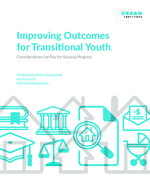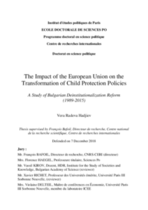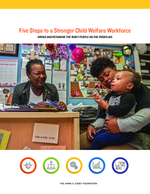“I’ve changed so much within a year”: care leavers' perspectives on the aftercare planning process
This paper examines young people’s experiences of the aftercare planning process in Ireland drawing on data from the first phase of a qualitative longitudinal study of young people leaving care.



